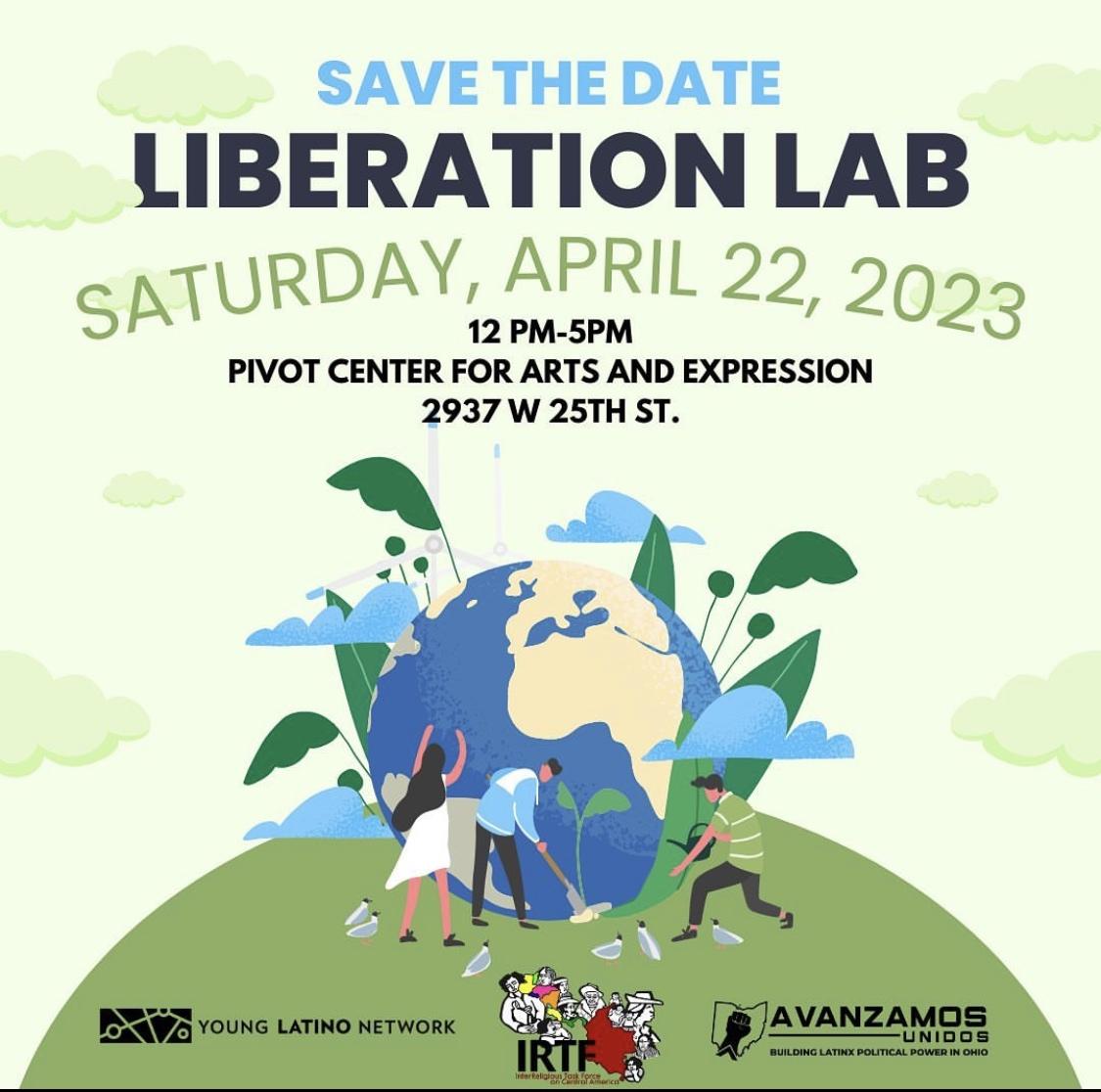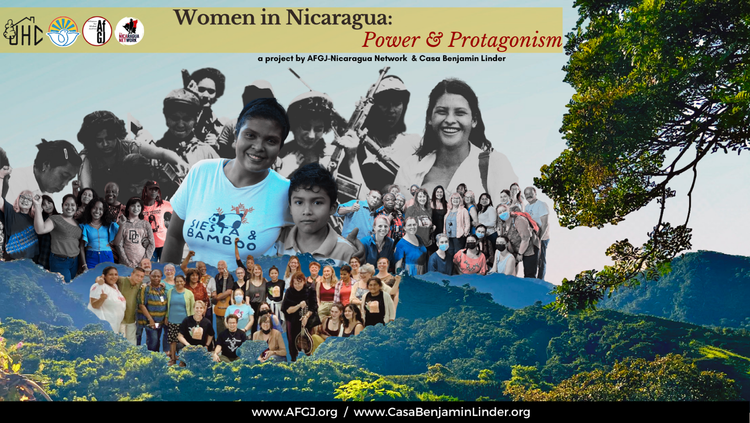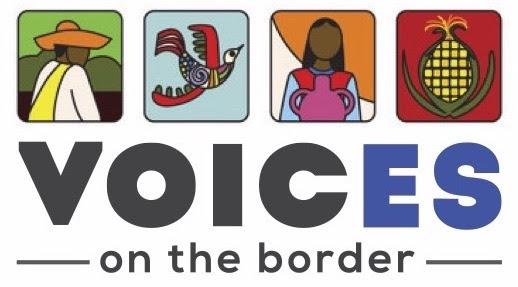Worldwide the population of female prisoners is rising at immense rates. Since 2000, the number of women in prisons has grown by 60%. The hotspots of this development are Asia and Latin America. Today around 95,000 women are imprisoned in Latin America and the Caribbean countries. The stories of these women are often the same. Born into poor families many only reach low levels of education, leading to un- or underemployment. Often they have suffered from sexual abuse and violence. With a majority of them being mothers, the pressure to put food on the table is even more pressing, a situation driving them into the low level drug trade.
In 2010, the UN adopted "the Bangkok Rules," a system that promotes non-custodial alternatives like community service, school education, job trainings and house arrest. Since 2014 the National Code of Criminal Procedures has allowed this procedure in Mexico, which has led to a notable reduction of female prisoners between 2014-2019. But more often than not, this comes with a price. The number of pre-trail detention cases has increased, and many choosing this path have to wear an electronic monitoring device.
Electronic monitoring by itself is a popular alternative to incarceration both in United States and Mexico. But this "alternative" comes with a number of problems. Restrictions like a mandatory permission to leave the house and the need to recharge the ankle mounted device twice a day makes it next to impossible to hold a job and leads to heavy dependence on relatives or other supporters. In the eyes of advocates, electronic monitoring is not an alternative to incarceration but a reproduction of many aspects of incarceration in a person's home. In the city of Los Angeles, electronic monitoring, as a condition of pre-trial release has increased by 5,250% between 2015 and 2021. With most of the affected still awaiting their trail, the system violates the "innocent until proven guilty" law. Furthermore, electronic monitoring comes with a financial aspect. In the United States the costs of confinement are transferred to the individual, leading to a price check of $2,800 - $5,000 per year. Even though in Mexico costs are officially covered by the government, private companies providing the devices charge a fee of $250-$300 monthly--an extreme high amount in a country with a minimum wage of $180 a month. But financial issues are just one side of the problem. Especially in Mexico the need of electricity and a mobile signal often means that the person has to move into a different area; this is a difficult task for jobless and stigmatized individuals. In the worst case this can mean that women are forced to move in or stay with violent and abusive partners. Adding to all the social and financial difficulties are health issues like dry skin and deformation of the ankle.



